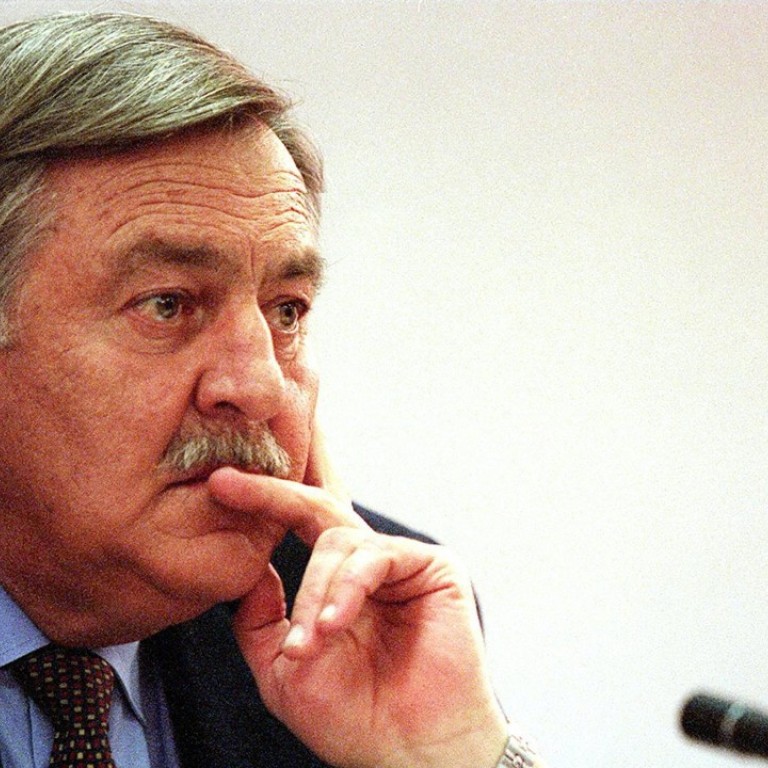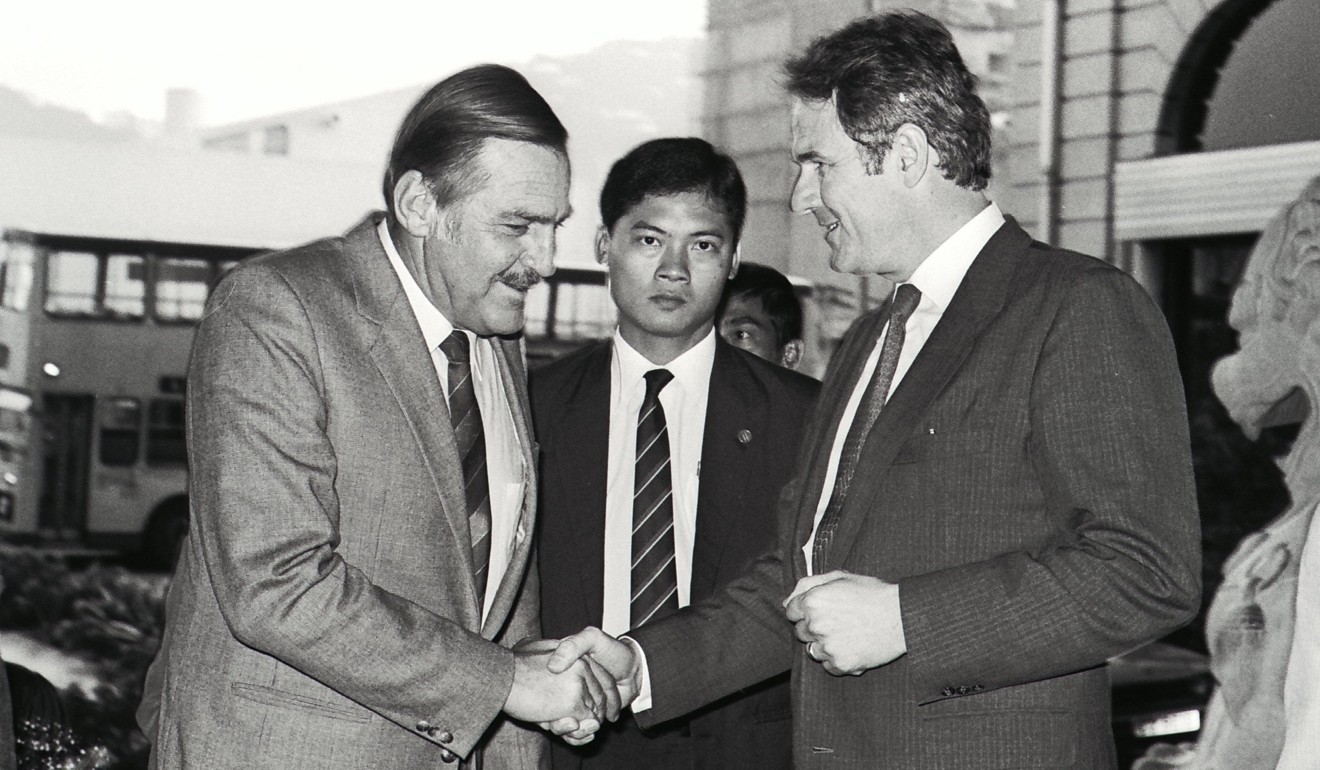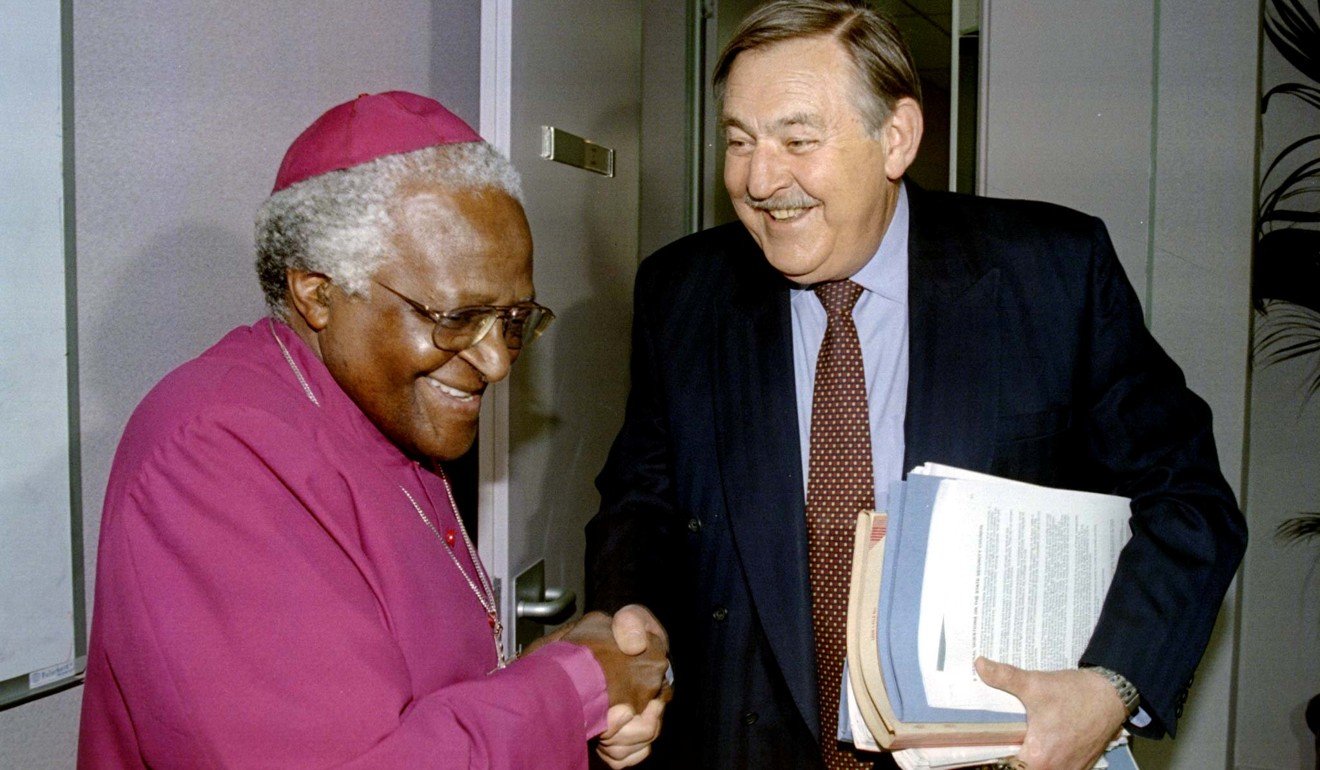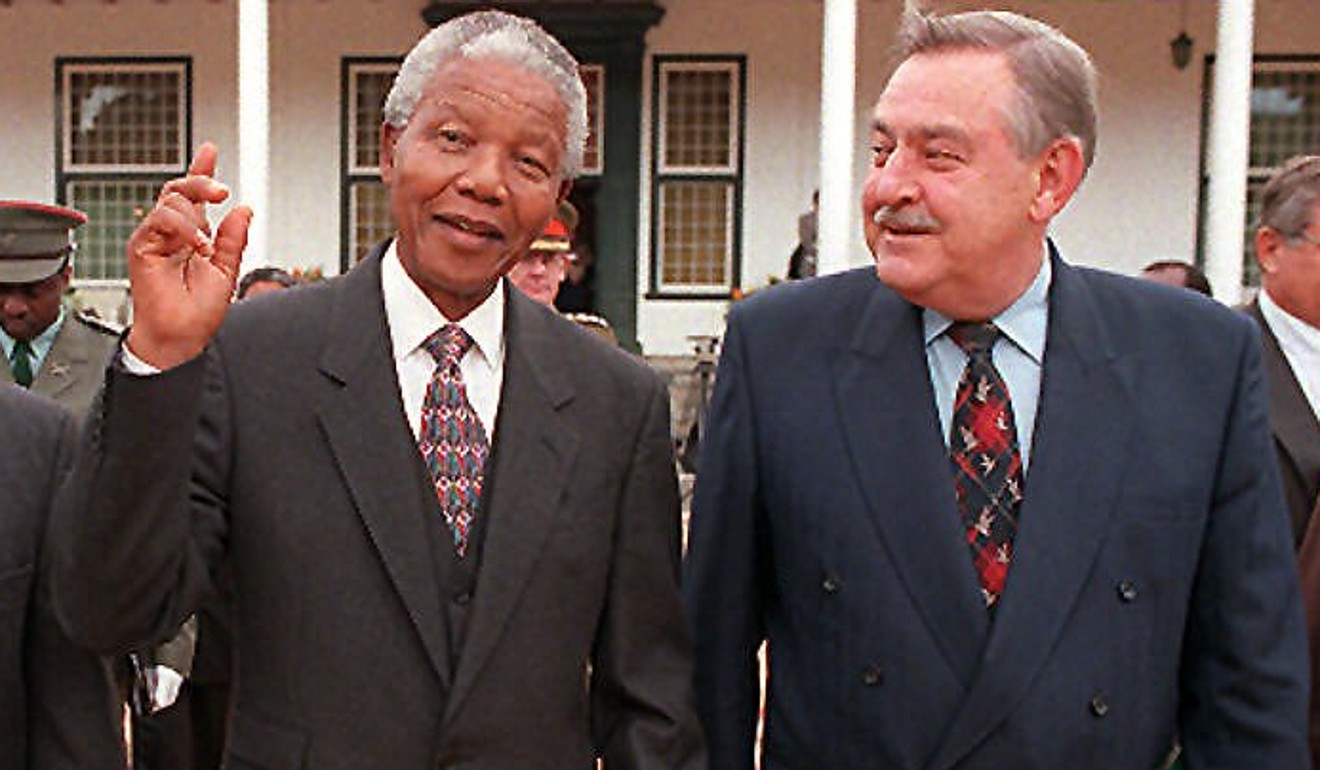
Pik Botha, the global face of South Africa’s apartheid state, dies at 86
Former diplomat spent 17 years defending the controversial racial segregation policy, but later worked for president Nelson Mandela
Pik Botha, who became the global face of South Africa’s reviled apartheid government as Pretoria’s minister of foreign affairs, has died aged 86 after a long illness, local media reported on Friday.
By turns urbane and jovial, Botha, foreign minister from 1977 until the end of white rule in 1994, was seen as a reformer in the hard-line National Party administrations he served under.

In 1986 he predicted that South Africa might one day have a black president, a statement that earned him a stern rebuke from president at the time P.W. Botha, who was no relation.
“As long as we can agree in a suitable way on the protection of minority rights without a racial sting … then it would possibly become unavoidable that in future you might have a black president of this country,” he said.
Botha had the unenviable job of defending apartheid on the world stage as South Africa grew increasingly isolated, facing economic sanctions abroad, but was regarded as a skilled behind-the-scenes negotiator who loosened adversaries up over rounds of drinks.

Botha was described by some as a “good man working for a bad government”.
“South Africa is quite far advanced due to the combined effort of both blacks and whites; that they need each other. I used to say we are like a zebra: if you put a bullet into the black stripe or the white stripe, the animal will die,” he was quoted as saying in 1997, after he left the government.
Shadow of apartheid looms over free-education protests in South Africa, with students citing racism
After Nelson Mandela became South Africa’s first black president in 1994, Botha served as minister of minerals and energy for two years in a government of national unity.

“As you know, originally we were enemies,” Botha told the BBC in 2013. “From our point of view, [Mandela] led an organisation which we regarded as a terrorist organisation and they saw themselves as freedom fighters. Of course all that had to change. It is not always that simple and easy to change mental attitudes, mindsets but eventually it did change. He played the role of a saviour.”
Murders of farmers in South Africa at 20-year low, contradicting talk of surge in violence targeting rural whites
President Cyril Ramaphosa said Botha “would be remembered for his support for South Africa’s transition to democracy and for his service in the first democratic administration”.
Piet Botha told News24 that his father died in his sleep during the night.
“His wife Ina was with him until the end,” he said. “He was very sick during the last three weeks and his body just couldn’t take it any more.”
Additional reporting by Agence France-Presse

